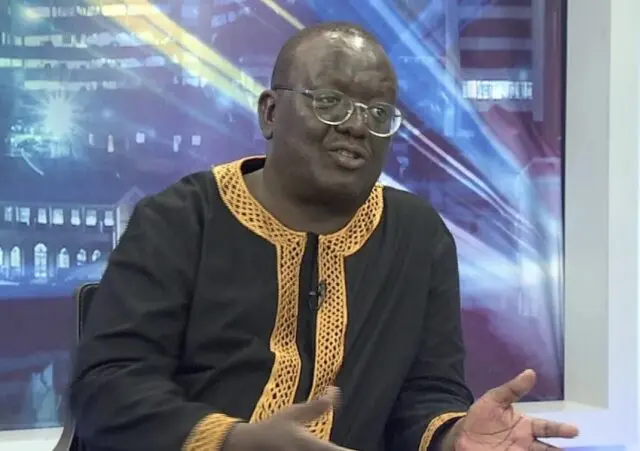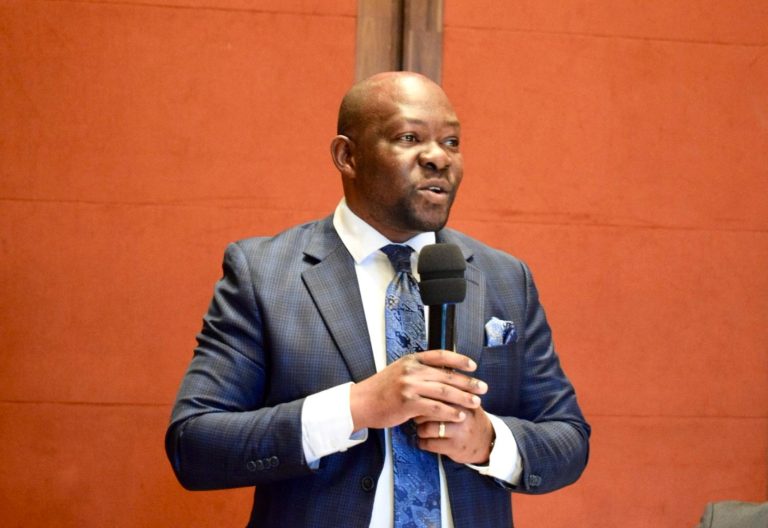Tough economic times ahead need wise choices

Kenyans, already deeply mired in an economic quagmire, are bracing for tougher times ahead as the two leading political formations engage in a battle of conflicting national interests.
Divergent approaches to critical political, socio-economic challenges between President William Ruto’s Kenya Kwanza coalition and Opposition leader Raila Odinga’s Azimio la Umoja coalition have persisted since last year’s General Election.
Enduring sharp differences that have split the nation right down the middle have now taken a new ideological hue as demonstrated by the acrimonious division in Parliament over the passage of the Finance Bill, 2023.
President Ruto has staked his political fortunes in the controversial Bill to herald his vision for Kenya’s economic transformation amid contentious misgivings from the Opposition and a large segment of the population.
It required cajoling and coercion by the Executive to rope in the quintessential shifty Kenyan politicians characterised by party waltzing MPs for the Bill to sail through a seemingly compromised National Assembly.
The legislators thus fulfilled the President’s fixated desire despite overwhelming objections from majority of their electors and Opposition leaders who have now framed a critical economic ideology gaining traction across the national political divide. As mandated by the Constitution, wananchi fully took part in the public participation exercise to freely express their views on their objections to certain clauses of the Bill, clearly ventilated before the whole nation and world. Today, the Opposition, in a scenario similar to the period before mass protests against the high cost of living and unfulfilled Kenya Kwanza campaign promises, have invited Kenyans to a public consultative meeting to discuss the disputed Bill.
The Kamukunji grounds meeting comes amid stalled bipartisan talks between the two formations mooted following demonstrations that severely disrupted the national economy and widened the national political chasm, long before debate on the Bill.
Caution demands that the government treads very carefully on this sensitive issue of the economy without adopting a high-handed intimidating approach, as it directly touches on the citizens’ livelihoods and rights enshrined in the Constitution. It is one thing to whip satiated morally and ethically bereft legislators into line. But it is quite another to convince hungry, battered Kenyans that heftily increasing VAT and a 1.5 percent housing salary levy is the magic wand to save them from economic woes, poverty and unemployment.
President Ruto has constantly pledged that he is ready to let the Opposition provide checks and balances to his administration, contrary to public perceptions and the view that the Legislature has been manipulated to become a rubber-stamp of the Executive.
Within the realm of the democratic tradition that Kenya is recognised for, it is prudent for the government to not merely pay lip service to this pledge. The Opposition is the principal public watchdog with a sacred role to perform this duty to the letter and spirit of the Constitution.
When the public listen to Opposition leaders’ articulation of their grievances, any subsequent action they take is within the ambit of the Constitution, including the right to hold peaceful demonstrations.
It is not the duty of the government to advice the people on how to hold demos and warn against destruction of property or unleash security forces on unarmed peacefully demonstrating citizens.
Right-thinking members of the Kenyan society cherish peace and security of the people and property – particularly when they face tough political and economic times ahead.
—The writer comments on political and economic affairs.
Email: albertoleny@gmail.com












